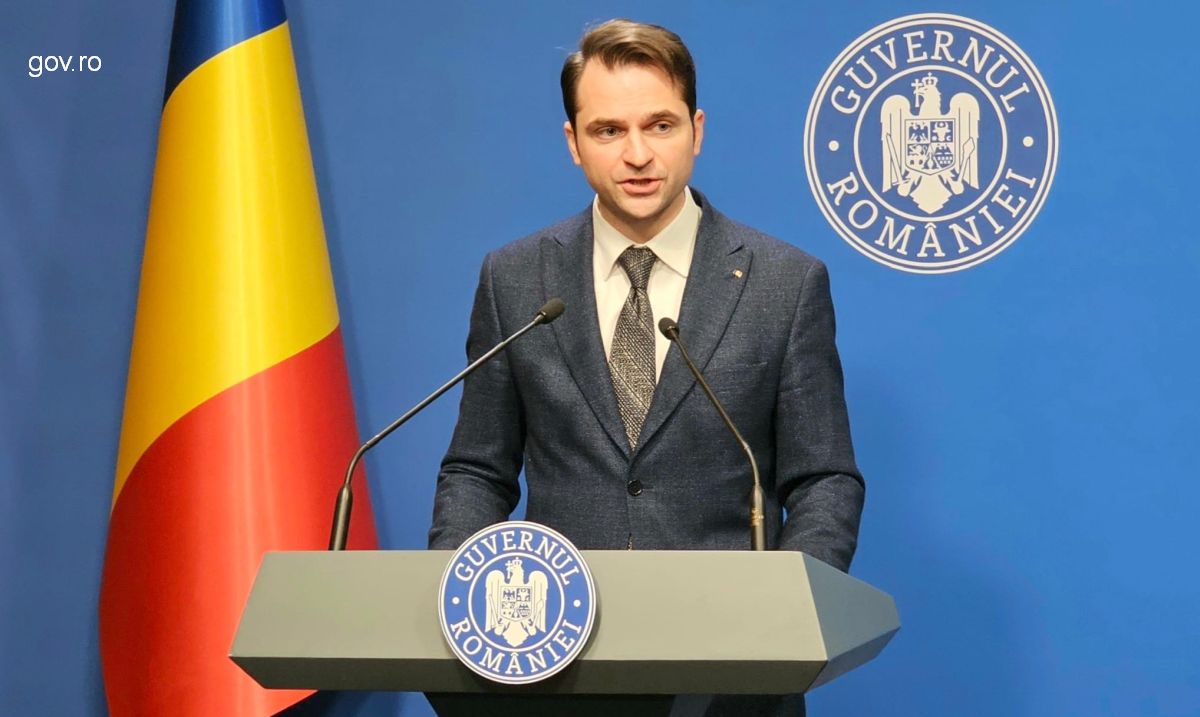Commemorations on December 22
26 years after the uprising that brought down the communist regime, Romanians commemorate their heroes.

Florentin Căpitănescu, 22.12.2015, 13:23
The violent break with the Communist regime and the fateful consequences it had on the following four decades in Romanias history return in the focus of attention every end of the year. Preceded by the fall of the Berlin Wall and the dissolution of the totalitarian regimes in Central and Eastern Europe, the ousting of the Ceausescus and Romanias ultimate separation from Communism were by no means easy. Unfortunately, Romania was the only country in Communist Europe where blood was shed and top-level leaders were executed.
It all began on December 16, 1989, in Timisoara, the cosmopolitan city in the west of the country, and by December 22 the protests had spread across the country. This is precisely why on December 22 every year the Parliament of Romania, as a key entity in democratic Romanias institutional structure, holds a formal meeting in memory of the over 1,100 victims of the Communist repression. In their addresses, the Senators and Deputies noted, as they do every year, that the ideals expressed 26 years ago are yet to be attained. Here is the Social Democrat Bogdan Niculescu Duvaz:
Bogdan Niculescu Duvaz: “There was such tremendous joy at that time. We all believed in our future and I think we were not that wrong to do so, even though today there is so much discontent.
Still, most of the speeches tackled the recent dismissal of the Revolution case, a judicial proceeding initiated as a natural attempt to find out the truth and the guilty parties, and to pave the way for reconciliation with the past. The co-leader of the National Liberal Party, Alina Gorghiu, said these were questions that needed answering:
Alina Gorghiu: “There can be no prescription for crimes against the Romanian people, and the Romanian state is under a duty to establish the truth. This is why I believe the Revolution case cannot be closed.
Similarly, Gheorghe Firczak, representing the ethnic minorities in Parliament, said,
Gheorghe Firczak: “Dismissing this case is an utterly anti-democratic thing to do, and is incompatible with the current position Romania has in the international context.
On December 22, the Revolution heroes are commemorated in several cities in Romania. Bucharest hosted several religious ceremonies, and flowers and candles were brought to the Cemetery of Revolution Heroes and the University Square, the place seen as a symbol of the fight against Communism. Similar events were organised at the head offices of the Romanian Radio and Television Broadcasting Corporation, the media institutions that played a key role in December 1989.
(translation by: Ana Maria Popescu)






























